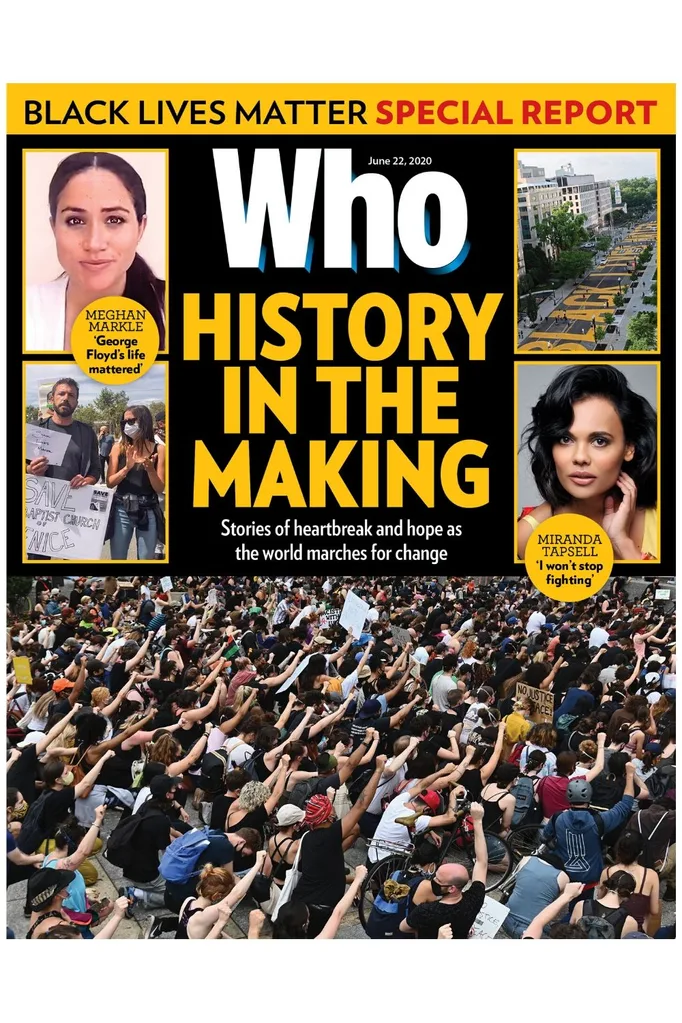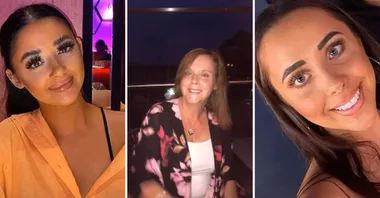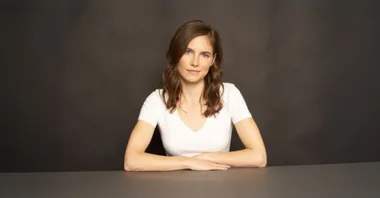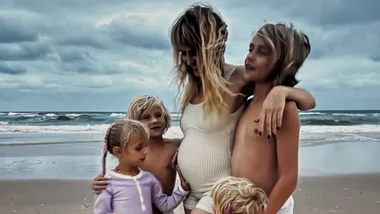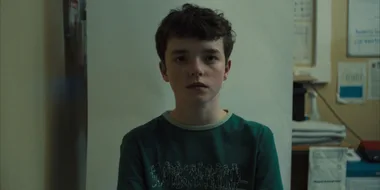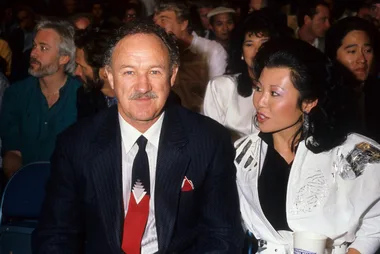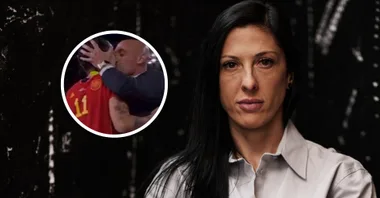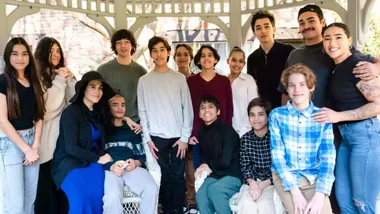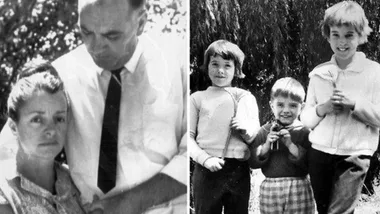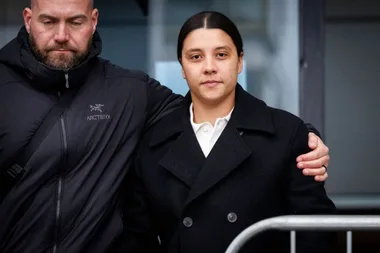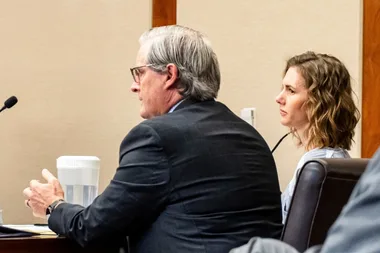The beloved actress (who has starred in homegrown hits The Sapphires and Top End Wedding) is a proud Larrakia and Tiwi woman born in Darwin. Here, in her own words, Miranda speaks of her experience with racism and why real change must happen for a better Australia.
WATCH: Miranda Tapsell calls for more “beautiful people of colour” on TV in Logies speech
I should be in bed, eating a whole tub of Ben & Jerry’s ice-cream and binging Insecure on my laptop. I’m truly done with the complacency so many non-Indigenous people have on this continent we now call Australia. I’m sure my Aboriginal and Torres Strait Islander brothers and sisters feel the same way. It’s been a hell of a year.
You’d think that after all the books, television shows, films, podcasts, tweets, educational resources and doctoral theses that my community have created and shared with the mainstream that no-one, absolutely no-one, would ask me ridiculous questions such as whether I still experience racism, or if it even exists.
But nah. Of course I have been asked that. By everyday people. By professional journalists. In 2015, I encouraged my industry (previously known as the arts, now communications) to be more inclusive – and honest – with how we reflect our society on our screens. For a lot of non-Indigneous people that seemed to do the trick. Racism, apparently, was sorted.
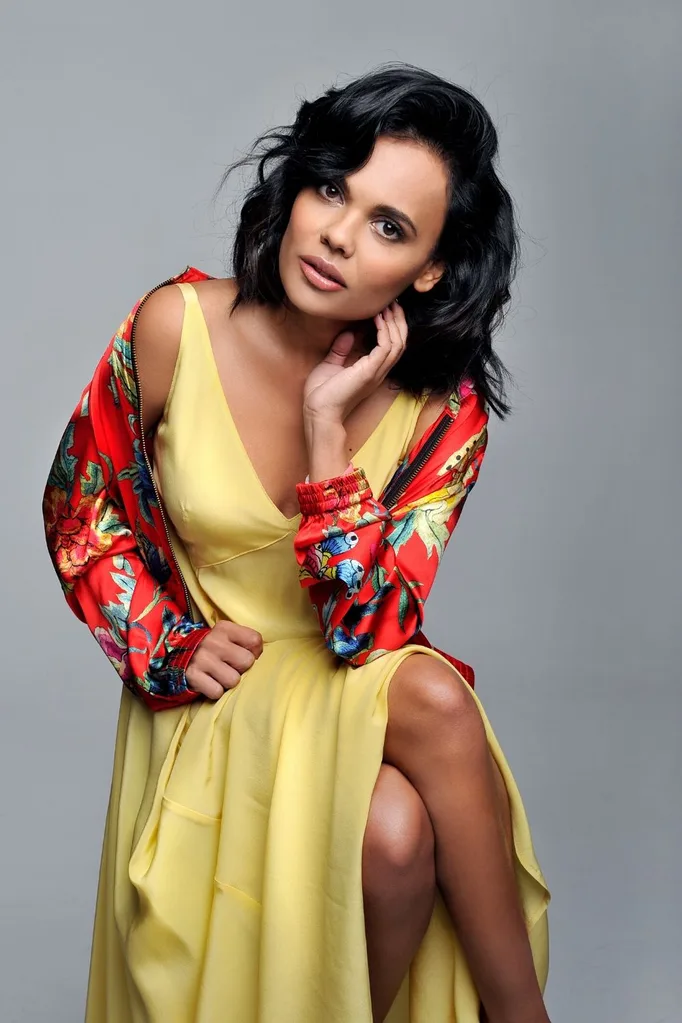
But it wasn’t and still isn’t. Later that year David Dungay died in Long Bay Jail and his last words were “I can’t breathe”. These were also the last words of George Floyd. And yet, I’ve been asked if I can see a connection between the two. To make matters worse, we have to witness Australian journalists being irresponsible with covering the recent protests in LA, saying things like “we don’t have the understanding of the history of police killings here”. To add insult to injury, our elected leaders tell the majority how lucky we are to be living here in Australia.
I can’t write this without bursting into tears. David Dungay was two years younger than me. His family will never get to see the man he would have become. But the community didn’t just lose David. We lost T.J. Hickey, Kumanjayi Walker, Tanya Day, Joyce Clark. You’d reckon saying four names would be devastating enough, but sadly this list is so long, and so poorly recorded, that I can’t possibly fit all the lives we’ve lost in dealings with police or in custody in this article.
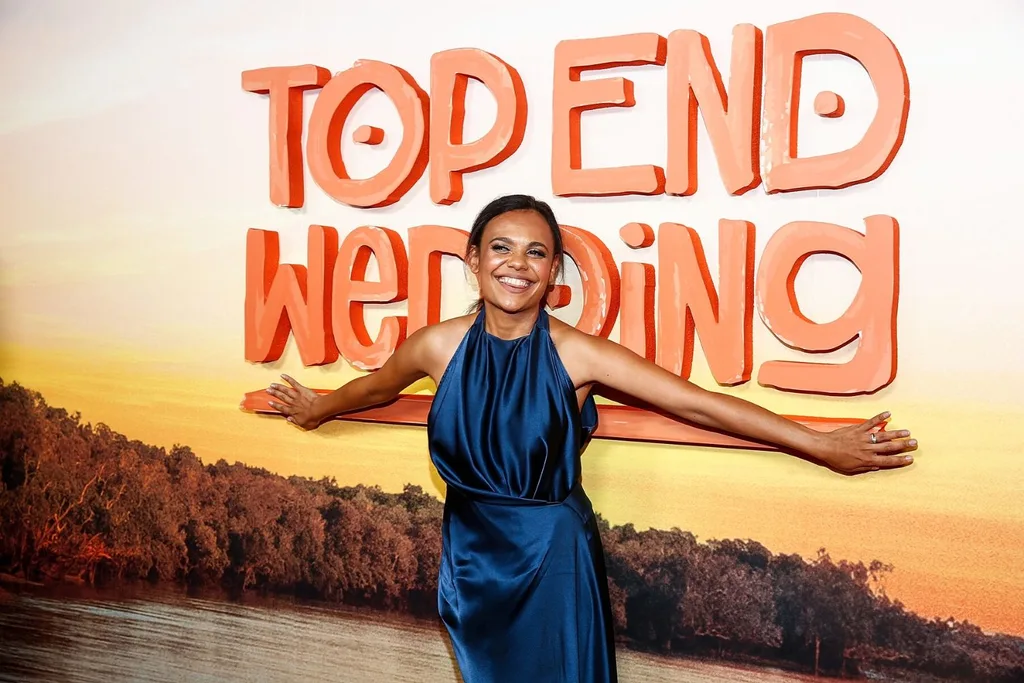
We know there’s over 400 human beings we’ve lost, each with a name, each with a family. But they’ve just become a statistic. And people don’t care about statistics. My tears come out of rage and frustration because many White people, despite how many of them reminisce about Paul Keating’s Redfern Speech in 1993, still don’t know how to put that in context of their own lives. What if that was your baby boy? Your dear brother? Father? Mother? Why is it so hard to do? Maybe it’s because you don’t want to picture that horror.
Fortunately, for most of you, it would just remain in your imagination. You would never have to live the nightmare that George Floyd or David Dungay’s family have to. Or the many other families that have lost a loved one while in police custody. How many of these deaths could have been prevented, and yet, the officers who could have done so chose to do anything but.
Their deaths have not been prioritised in the media until Black people had made enough noise about it. Even then, Aboriginal and Torres Strait Islanders have been told that our anger was “not the answer”. But we’ve been given no outcome. No convictions have been made.
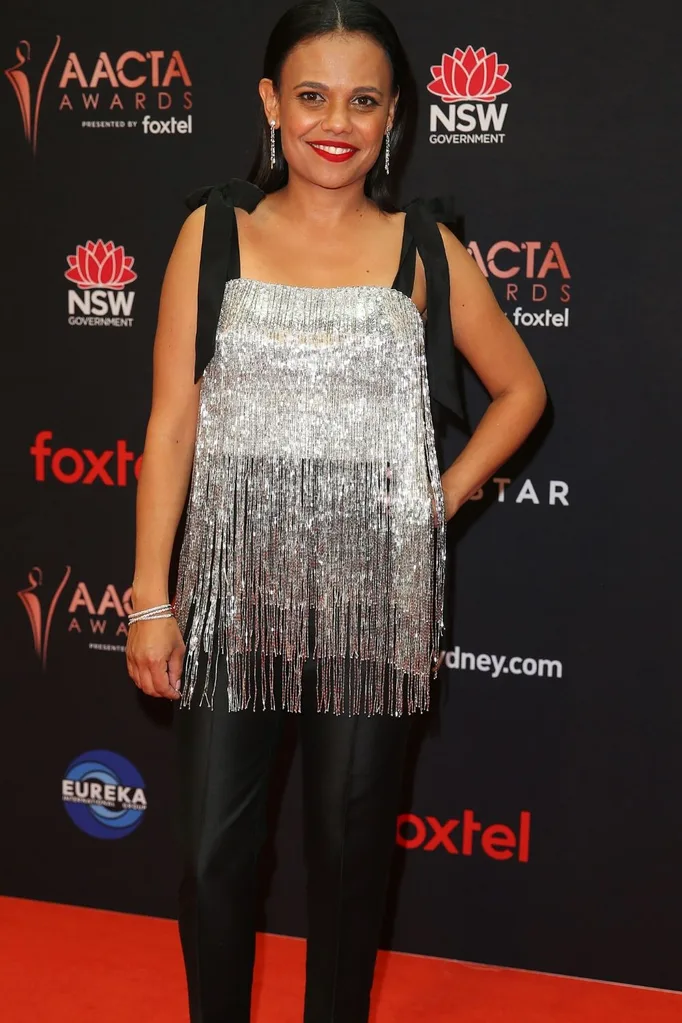
What makes this even worse is that these deaths are always presented to the majority as isolated incidents and not at all ingrained in how little Black lives in this country are valued. I’m asked why Australia’s issues with race are being “swept under the rug” and it honestly just makes my blood boil.
Again, I’ve been leant on heavily to do the work for these people. They turn to us to explain these things when really, you all know. You know what’s happening and why it happens. You know Australia has never confronted its racist past and its racist present. You know that these things don’t change until the majority demands that they change. But do you do anything? Do you take that burden yourself? Or do you find a person living with this daily burden and ask them to gift you the miracle solution so you don’t have to feel guilty any more?
We live in a nation that celebrates Lachlan Macquarie, a man who ordered the mass slaughter of the Aboriginal people. Who ordered men to be shot in the back while they fled for their lives. His statue stands to this day in Hyde Park.
In 2017 an activist put a bag over the statue’s head. There was outrage. Even though, and I cannot state this clearly enough, it was a statue. A year before this, Dylan Voller, a child, has a bag put over his head while strapped to a chair by the guards who were entrusted with his wellbeing.
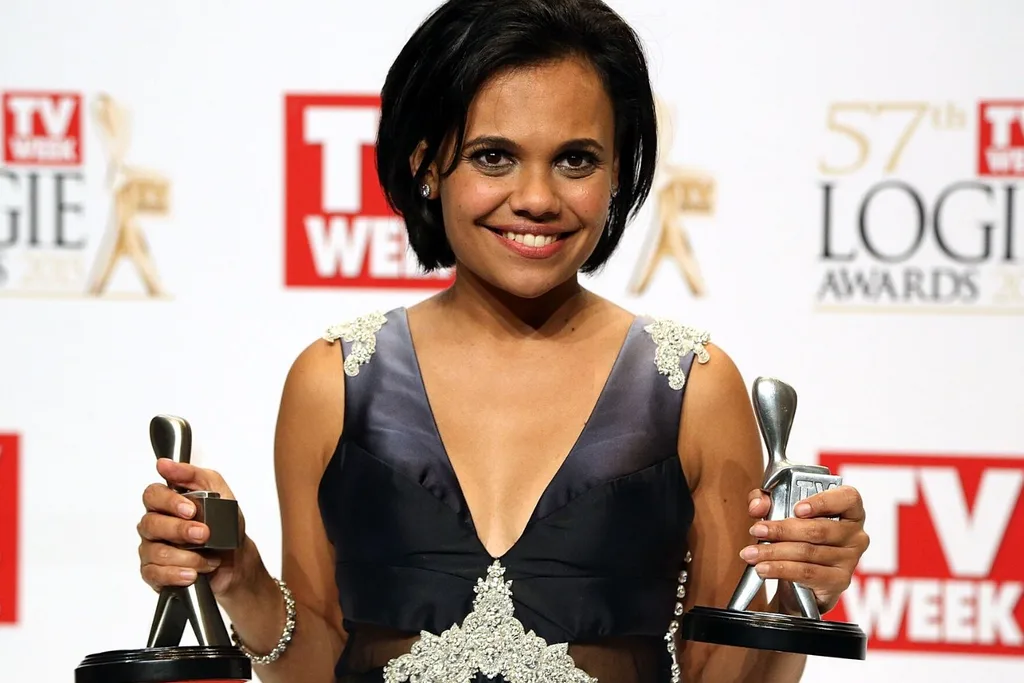
The rest of us have to manage this burden every day, even in spaces that believe themselves to be progressive. It shouldn’t just be on me and my community to speak on it. When will it be non-Aboriginal people who have money and influence to do the same?
I haven’t said anything that Nakkiah Lui, Chelsea Bond, Amy McQuire, Martin Hodgson, Jack Latimore, Larissa Behrendt, Joshua Creamer or any other Black person in the media hasn’t already said. In fact, they’ve said it better. I’ll always, always be with them on the frontlines for my mob, but until our non-Indigenous peers do more than listen, there won’t be any substantive change. Don’t thank me for sharing this with you. And don’t ever, ever, ask me again what you can do to help. Just give me my time back. You’ve already taken so much of it.
For more, pick up a copy of Who, on sale now.
